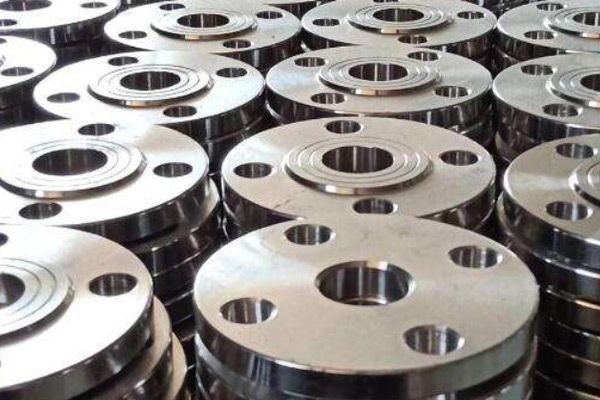The sealing principle and characteristics of flange
Sealing of flat-welded flanges has always been a hot issue related to the production cost or economic benefit of enterprises. However, the main design disadvantage of flat-welded flanges is that they are not leakproof. This is a design flaw: the connection is dynamic, and periodic loads, such as thermal expansion and fluctuating loads, can cause the flange faces to move toward each other, affecting the flange's function, thereby compromising the integrity of the flange and ultimately leading to leakage.
No product can be without defects, but try to minimize the defects of the product control, so the company in the production of flat welding flange as far as possible to improve the performance of the product, play the largest role. Flat welding flange features: Flat welding flange not only save space, reduce weight, and ensure no leakage at the joint, good sealing performance. By reducing the seal diameter, the size of the compact flange is reduced, thereby reducing the seal cross section.
Secondly, replace the flange gasket with a sealing ring to ensure that the sealing face matches the sealing face. In this way, only a small amount of pressure is required to tighten the sealing surface. As the required pressure is reduced, the size and number of the bolt is less, so we design a new product of small volume, light weight, can reduce the weight of the traditional flange ー 70% 80%. Therefore, flat welded flange is a kind of relatively high quality flange products, reduce the quality and space, in the industrial application has played an important role.
Sealing principle of flat-welded flange: the two sealing faces of the bolt squeeze the flange gasket to form a seal, but this will also lead to damage of the seal. In order to keep the seal, you have to maintain a large bolt force, and in order to do that, you have to make the bolt bigger. Larger bolts are matched by larger nuts, which means that a larger bolt diameter is required to create conditions for tightening the nut. However, the larger the diameter of the bolt, the flange will bend, and the only way is to increase the wall thickness of the flange part.
